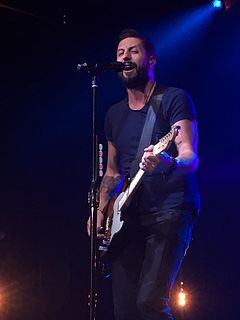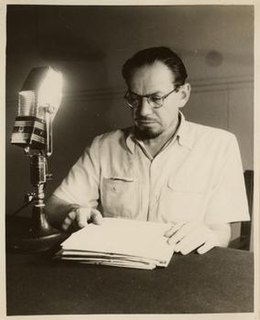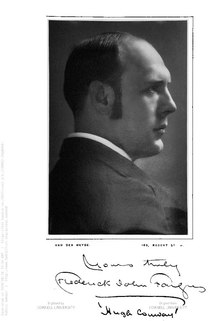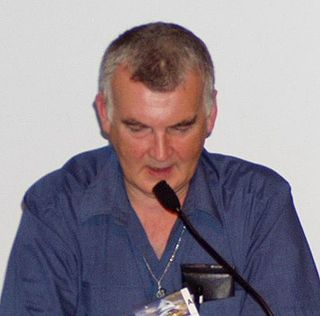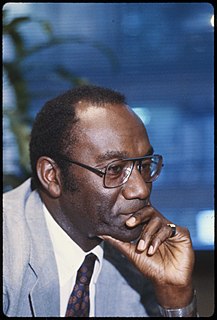A Quote by Jodi Picoult
Summertime, I think, is a collective unconscious. We all remember the notes that made up the song of the ice cream man; we all know what it feels like to brand our thighs on a playground slide that's heated up like a knife in a fire; we all have lain on our backs with our eyes closed and our hearts beating across the surface of our lids, hoping that this day will stretch just a little longer than the last one, when in fact it's all going in the other direction.
Quote Topics
Across
Backs
Beating
Brand
Closed
Collective
Collective Unconscious
Cream
Day
Direction
Eyes
Fact
Feels
Fire
Going
Hearts
Heated
Hoping
Ice
Ice Cream
In Fact
Just
Knife
Know
Last
Like
Little
Longer
Made
Man
Notes
Other
Our
Playground
Remember
Slide
Song
Stretch
Summertime
Surface
Than
Thighs
Think
This Day
Unconscious
Up
Will
Related Quotes
In the middle of the night I am awakened by a sound. I sit up abruptly in bed. I hear it again. It's music. Wait, it sounds like the ice cream man, in our house. Is this some kind of twisted nightmare? The flipping ice cream man, breaking in to chop us all up in our beds to the tune of 'Zippity Do Dah'?... My heart slows. I remember. There is no psycho ice cream man here. It is just our new musical soap dispenser.
Our mind has its history, just as our body has its history. You might be just as astonished that man has an appendix, for instance. Does he know he ought to have an appendix? He is just born with it....Our unconscious mind, like our body, is a storehouse of relics and memories of the past. A study of the structure of the unconscious collective mind would reveal the same discoveries as you make in comparative anatomy. We do not need to think that there is anything mystical about it.
For this is what we do. Put one foot forward and then the other. Lift our eyes to the snarl and smile of the world once more. Think. Act. Feel. Add our little consequence to the tides of good and evil that flood and drain the world. Drag our shadowed crosses into the hope of another night. Push our brave hearts into the promise of a new day. With love; the passionate search for truth other than our own. With longing; the pure, ineffable yearning to be saved. For so long as fate keeps waiting, we live on.
The human heart is the first home of democracy. It is where we embrace our questions: Can we be equitable? Can we be generous? Can we listen with our whole beings, not just our minds, and offer our attention rather than our opinion? And do we have enough resolve in our hearts to act courageously, relentlessly, without giving up, trusting our fellow citizens to join us in our determined pursuit-a living democracy?
Hey, this is Europe. We took it from nobody; we won it from the bare soil that the ice left. The bones of our ancestors, and the stones of their works, are everywhere. Our liberties were won in wars and revolutions so terrible that we do not fear our governors: they fear us. Our children giggle and eat ice-cream in the palaces of past rulers. We snap our fingers at kings. We laugh at popes. When we have built up tyrants, we have brought them down. And we have nuclear ********* weapons.
Our nostalgic dreams of perfection thrive just as dangerously in the other direction too, in the imaginary future, that bold and tantalizing future where the troubles of today will be cured by a tomorrow, and all our losses will be recouped, our problems solved, our lives restored, our people made whole again, etc.
It is possible to be honest every day. It is possible to live so that others can trust us-can trust our words, our motives, and our actions. Our examples are vital to those who sit at our feet as well as those who watch from a distance. Our own constant self-improvement will become as a polar star to those within our individual spheres of influence. They will remember longer what they saw in us than what they heard from us. Our attitude, our point of view, can make a tremendous difference.
God gave us minds to think with and hearts to thank with. Instead we use our hearts to think about the world as we would like it to have been, and we use our minds to come up with rationalizations for our ingratitude. We are a murmuring, discontented, unhappy, ungrateful people. And because we think we want salvation from our discontents.
When tragedy strikes, or even when it looms, our families will have the opportunity to look into our hearts to see whether we know what we said we knew. Our children will watch, feel the Spirit confirm that we lived as we preached, remember that confirmation, and pass the story across the generations.
Students who have attended my [medical] lectures may remember that I try not only to teach them what we know, but also to realise how little this is: in every direction we seem to travel but a very short way before we are brought to a stop; our eyes are opened to see that our path is beset with doubts, and that even our best-made knowledge comes but too soon to an end.




